Petrochemicals CrudeOil BOPET 12-10-2020 - Arhive
Petrochemicals CrudeOil BOPET
Petrochemical PETBottle PA Polymers Trend
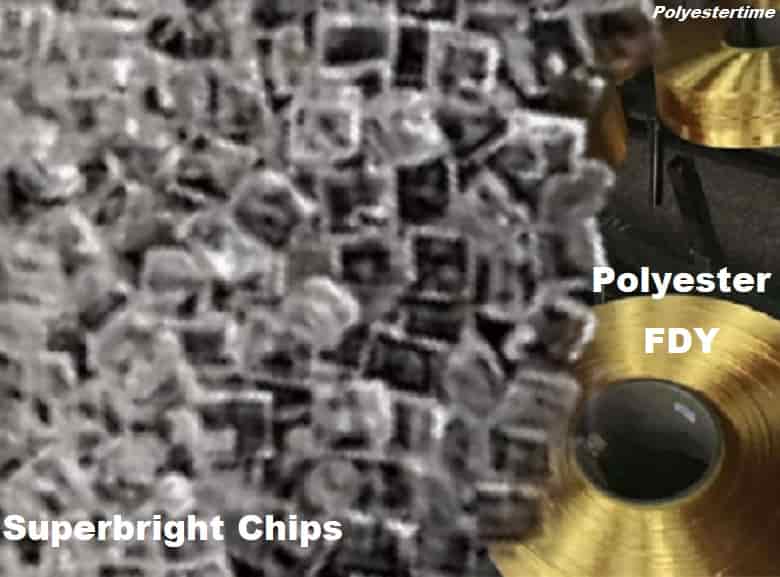
Crude Oil Prices Trend

OIL majors are on a job cutting spree. When seen through the prism of the cuts announced in recent weeks, the overall crude scenario appears bleak and gloomy.
IHS Markit has reported a capital spending drop of 50 per cent by several US oil and gas companies this year, while internationally the drop has been around 30pc. This has contributed to the job cuts. Petrochemicals CrudeOil BOPET
As part of its efforts to rein in costs, oil and gas supermajor ExxonMobil is all set to cut 1,600 jobs in Europe, the company announced last week. “The impact of Covid-19 on the demand for ExxonMobil’s products has increased the urgency of the ongoing efficiency work,” it added.

-Venezuela, once an oil giant, reaches the end of an era
For the first time in a century, there are no rigs searching for oil in Venezuela.
Wells that once tapped the world’s largest crude reserves are abandoned or left to flare toxic gases that cast an orange glow over depressed oil towns.
Refineries that once processed oil for export are rusting hulks, leaking crude that blackens shorelines and coats the water in an oily sheen.
Fuel shortages have brought the country to a standstill. At gas stations, lines go on for miles.
Venezuela’s colossal oil sector, which shaped the country and the international energy market for a century, has come to a near halt, with production reduced to a trickle by years of gross mismanagement and U.S. sanctions. The collapse is leaving behind a destroyed economy and a devastated environment and, many analysts say, bringing to an end the era of Venezuela as an energy powerhouse.
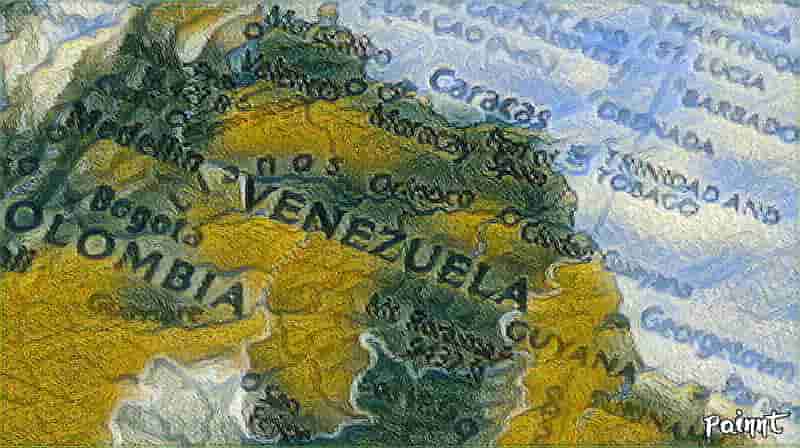
-Spanish automotive masterbatch supplier opens plant in Mexico
Spanish raw materials producer and distributor Delta Tecnic SA has opened a plant in Querétaro, in central Mexico, coinciding with the launch of its micromasterbatch product.
Spanish raw materials producer and distributor Delta Tecnic SA has opened a 4.5 million euro ($5.3 million) plant in Querétaro, in central Mexico, coinciding with the launch of its micromasterbatch product.
The company claims to be the first specialist in color concentrates for automotive cable to open a manufacturing operation in Mexico. It has two other plants in Sant Celoni, its home base near Barcelona. Petrochemicals CrudeOil BOPET
According to an Oct. 7 news release, the micromasterbatch pellet is smaller than normal and thus “improves dilution when extruding cables.”
“Our commitment to micromasterbatches is essential to [our] offering a new and sustainable product that can speed up production processes while lowering costs,” Delta Tecnic CEO Eric Xirinachs said.
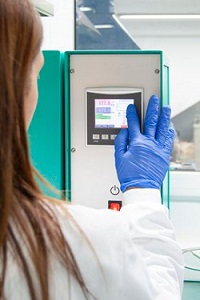
M&M Product, a Romanian company headquartered in Râșnov, launches in premiere on the Romanian market, the GREEN PE (green polyethylene) eco sustainable thermo wrap made of sugar cane – a biological, renewable source which produces oxygen and reduces CO2 emission in the atmosphere.
The wrapping products and solution are grouped under the smart green brand and are part of the business line High Performance flexible Wrapping.
the smart green products and solutions reflect company’s philosophy based on the 4e principles of high performance: economic, efficient, eco sustainable and easy to apply.
Petrochemicals CrudeOil BOPET
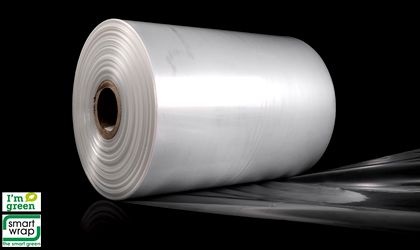
-New life for used clothing made from blended fibres
“The mountains of old clothes are growing massively and are largely destroyed instead of being recycled and returned to the textile industry. Old textiles are a valuable raw material that can be easily reused,” says imat-uve, an innovative, independent development and engineering company, based in Mönchengladbach, Germany.Petrochemicals CrudeOil BOPET
imat-uve is working with a German-Dutch project consortium on an industrial solution for the recycling of old clothes made from mixed fibres. The recycled yarns and woven fabrics made from them, are primarily intended for use in the automotive industry.
“1.01 million tons of textiles, old clothes and new garments that have never been worn end up in the trash in Germany alone every year (source: BSVE),” imat-uve points out. “So far, there is no possibility to process these quantities of old textiles in a high-quality way. Most of the textiles are burned or processed to low quality nonwovens. The problem is the different components of the clothing, which in most cases are not made of pure but mixed fibres.”
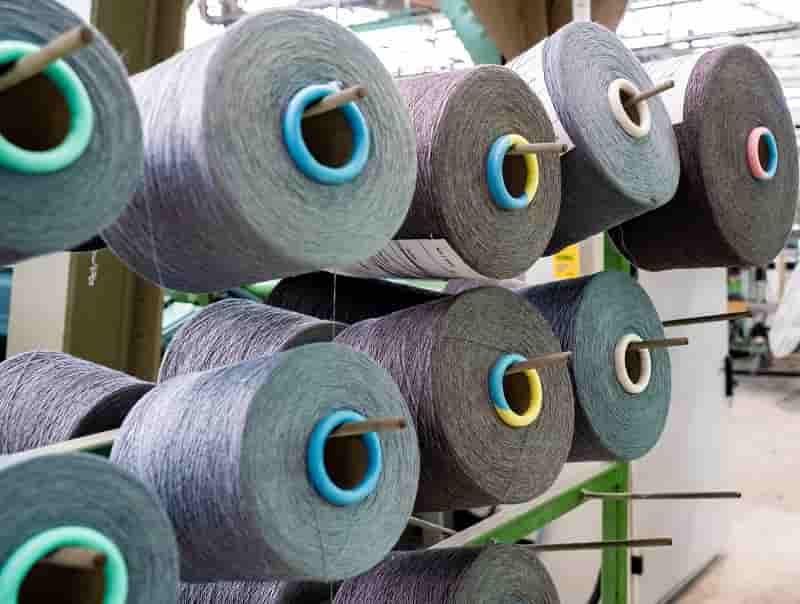
-Chevron Phillips Chemical begins production of circular polyethylene
Chevron Phillips Chemical (CPChem) has announced success in its first commercial scale production of polyethylene using advanced recycling technology.
Advanced recycling, sometimes referred to as “chemical recycling,” converts plastic waste to valuable liquids that can become new petrochemicals. This approach complements traditional recycling by converting a range of materials, including many difficult-to-recycle plastics, into important building blocks for new chemicals. Because of the potential to repeatedly recycle post-use plastics into new materials, polymers produced through advanced recycling are often referred to as “circular polymers.” Chevron Phillips Chemical’s circular polyethylene matches the performance and safety specifications of the virgin polymers Chevron Phillips Chemical is known for globally.Petrochemicals CrudeOil BOPET
“We are exceptionally proud to be the first company to announce production of a circular polyethylene on this scale in the US,” said Jim Becker, vice president of polymers and sustainability. “The successful production run marks a huge step for CPChem on our path to being a world leader in producing circular polymers. This development is an important milestone for us as we further our commitment to proactively help the world find sustainable solutions, including the elimination of plastic waste in the environment.”
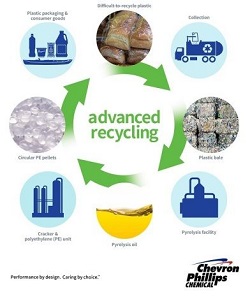
-First standard to measure the biodegradability of plastic published by BSI
BSI, in its role as the UK National Standards Body, publishes the first standard for measuring the biodegradability of polyolefins: the most littered form of plastic packaging.
The new standard, called PAS 9017 Plastics – Biodegradation of polyolefins in an open-air terrestrial environment – Specification, specifies requirements of polyolefinic materials enhanced with technology that imparts biodegradability in an open-air terrestrial environment. Petrochemicals CrudeOil BOPET
It also specifies the chemical analysis and the numerical limits required to meet compliance with the PAS at the end of each stage of testing.
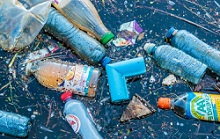
-Faurecia inaugurates its global center of expertise dedicated to hydrogen storage systems
Faurecia, one of the world’s leading automotive technology companies, inaugurated its global center of expertise for hydrogen storage systems today in the presence of the President of the Bourgogne-Franche-Comté region Ms. Marie-Guite Dufay.
Located in Bavans, France, and representing a total investment of €25 million, this center of expertise aims to develop lightweight and cost-competitive hydrogen storage systems to accelerate hydrogen mobility. More than 60 engineers and technicians have the ability to:
Design hydrogen storage systems and produce prototypes tailored to customers’ specifications, Petrochemicals CrudeOil BOPET
Test hydrogen storage systems using state-of-the-art equipment for hydraulic, gas, leak and burst tests,
Develop new tank designs to increase their performance and in particular the volume of hydrogen stored per kg,
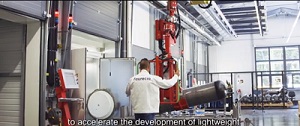
-ALBA-funded study quantifies the recycler’s emissions reductions in 2019
Study conducted by Germany’s Fraunhofer Institute examines climate protection aspects of the ALBA Group’s recycling activity. Petrochemicals CrudeOil BOPET
The Berlin-based ALBA Group has funded a study that concludes its recycling activity saved more than 4.2 million metric tons of greenhouse gases (GHGs) from entering the atmosphere in 2019. The study, undertaken by the Germany-based Fraunhofer Institute, says the atmospheric protection was the result of “the closed-loop circulation of 6 million metric tons of recyclables” processed by ALBA Group.
“Recycling leads to far fewer GHG emissions than the use of primary raw materials,” states Dr. Axel Schweitzer, CEO of the ALBA Group. “The use of our quality-tested recycled plastics, for example, reduces emissions of GHGs by more than 50 percent in comparison with the production of plastics from crude oil. There is no better argument for the increased use of recyclates.”

-Morocco-Turkey FTA: Rabat restores tariffs on 1200 Turkish Products
0Asia, Business, Headlines, International, MoroccoOctober 9, 2020A+A-EMAILPRINT
The Moroccan Government approved on Thursday an amendment of the Morocco-Turkey Free Trade Agreement, increasing tariffs by up to 90 pc on 1200 Turkish goods for a five-year period. Petrochemicals CrudeOil BOPET
The amendment falls under Bill No 54.20, which Morocco and Turkey signed on August 24 after the two countries reviewed their Free Trade Agreement.
The bill and the amendment aim to impose customs duties, for a five-year period, on certain Turkish industrial products listed in the agreement to reach 90% of the value of products from the most-favored-nation.

-New enzyme cocktail digests plastic waste six times faster
The discovery, by a team co-led by Prof John McGeehan, is another leap towards beating plastic waste
mcgeehan-mhetpet-credit-rosie-graham-600x400The scientists who re-engineered the plastic-eating enzyme PETase have now created an enzyme ‘cocktail’ which can digest plastic up to six times faster. Petrochemicals CrudeOil BOPET
A second enzyme, found in the same rubbish dwelling bacterium that lives on a diet of plastic bottles, has been combined with PETase to speed up the breakdown of plastic.
PETase breaks down polyethylene terephthalate (PET) back into its building blocks, creating an opportunity to recycle plastic infinitely and reduce plastic pollution and the greenhouse gases driving climate change.
PET is the most common thermoplastic, used to make single-use drinks bottles, clothing and carpets and it takes hundreds of years to break down in the environment, but PETase can shorten this time to days.
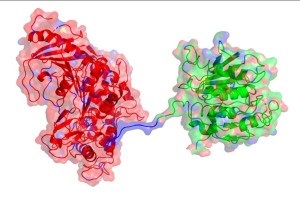
Petrochemicals CrudeOil BOPET
